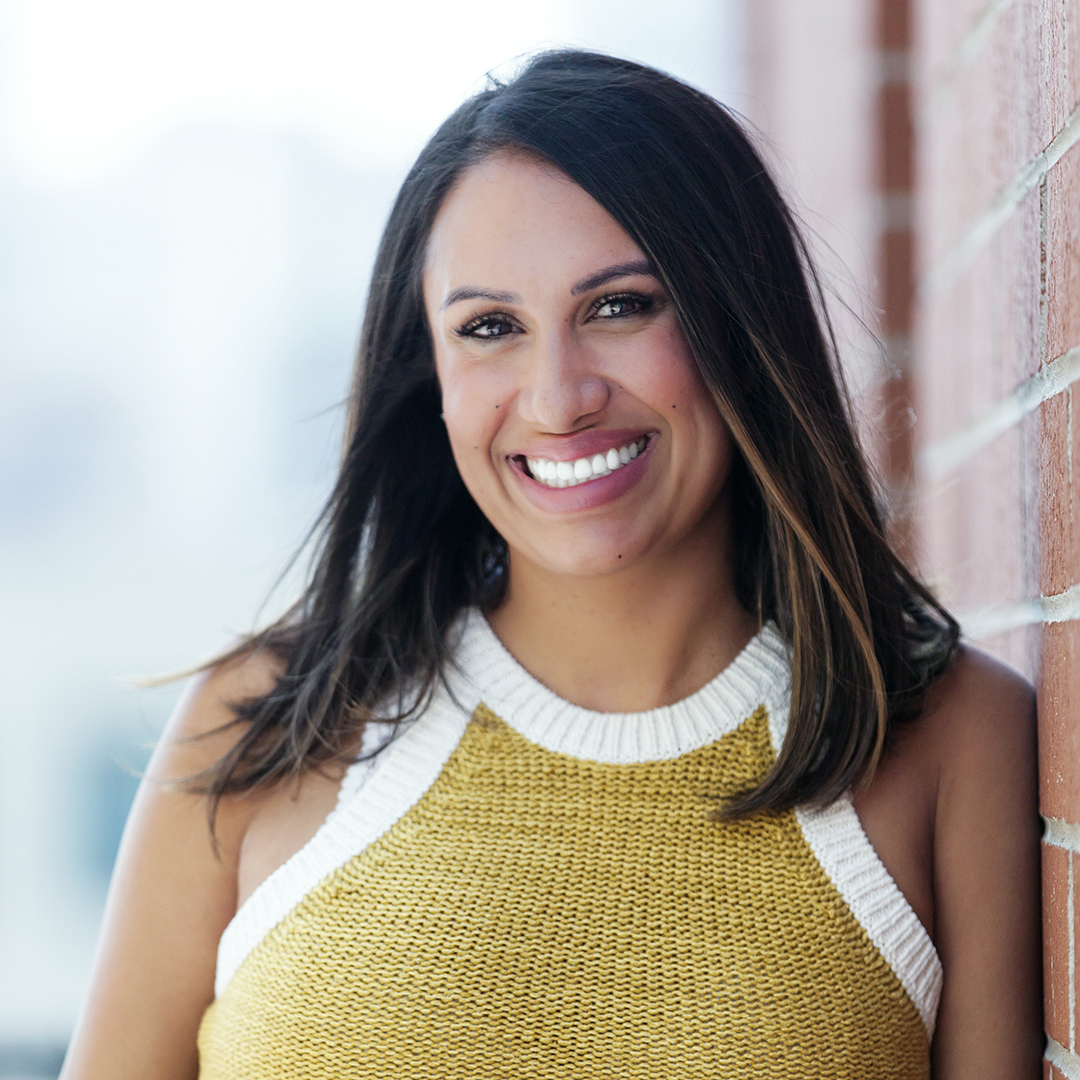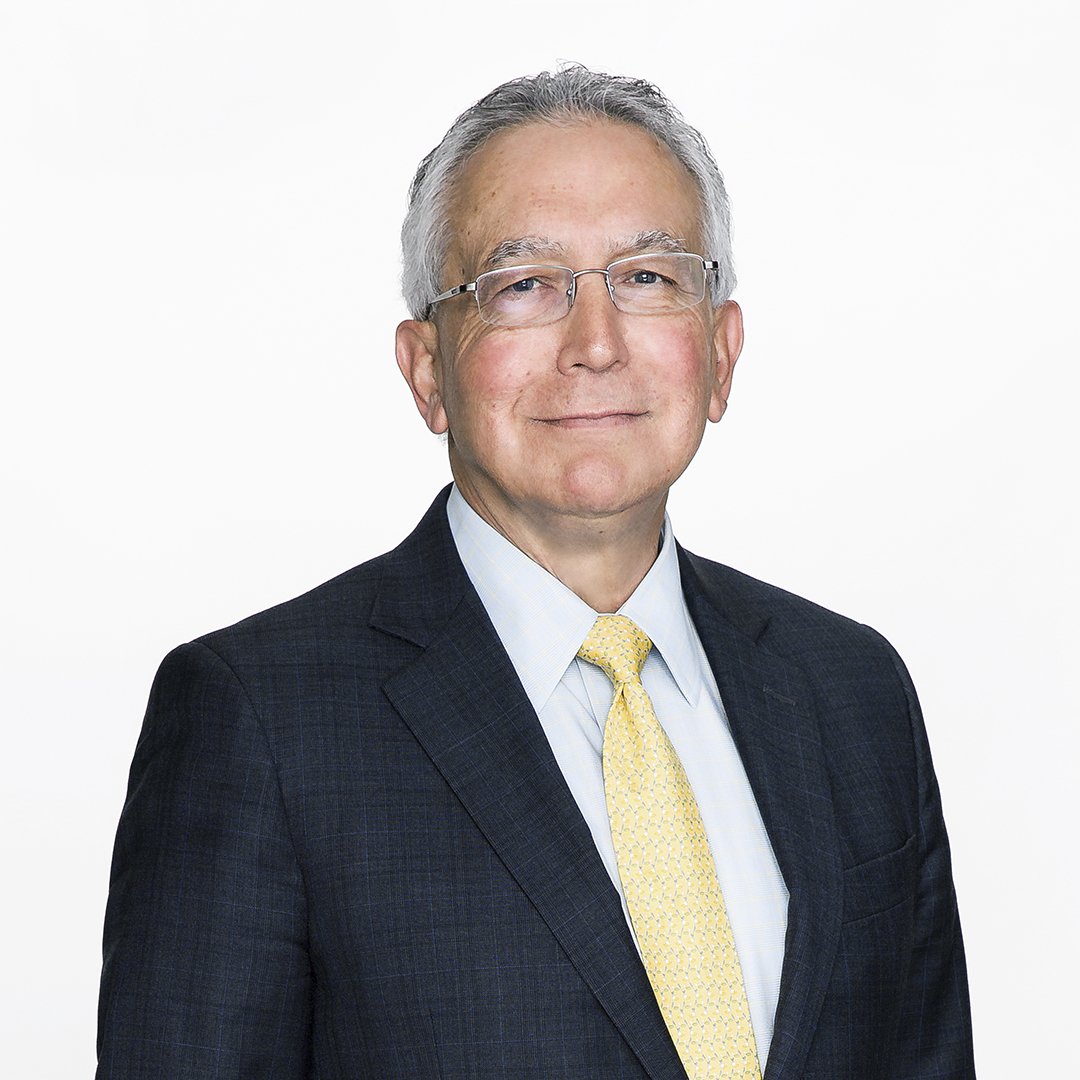|
Getting your Trinity Audio player ready...
|
It didn’t take long for Ted Acosta to know he’d become a lawyer. “I’m very logical, and I also love the spoken word and the written word and engaging in healthy debate,” he says. “I knew the law would be a good profession for me to pursue.”
What he didn’t realize until he began practicing was how much he also wanted to dig into the complexities of running a business. At the outset of his career, he served as a white-collar and regulatory attorney both in private practice and with the US federal government. Then, sixteen years ago, EY (Ernst & Young) gave him the opportunity to weave everything he’d already learned into the breadth of business opportunities that reside within its global reach.
In 2001, Acosta joined EY as a principal in charge of fraud investigation and dispute services (FIDS). Since then, Acosta’s climbed the ranks of the London-based multinational professional services firm, which is considered one of the “Big Four” accounting firms. Now, he serves as the Americas vice chair of risk management, where he’s responsible for overseeing compliance efforts and educational support for EY’s employees. He’s also chairs the EY Americas ethics board and sits on EY’s global risk management executive committee and the global practice group, in addition to other roles.
He’s currently helping to shepherd a number of initiatives, many of which are based around the concept of education. It’s hard, Acosta says, to ingratiate yourself to employees who often view risk management professionals as, he says, impediments who operate off a number of rigid checklists. That’s why Acosta has instituted modern, employee-friendly solutions to ensure that staff aren’t just complying with EY’s regulations but are actively working to ask questions and do better.
“While the staff at EY is the cream of the crop, we still understand that our various policies and procedures can be a lot,” Acosta says. “You might not know everything at every single moment. What we want to do is provide a solid foundation that makes it easy for people to raise their hand and ask a question.”
The hardest part might be, after all, making an employee comfortable enough to ask questions. That’s why Acosta’s helped roll out a mobile app that he says is specifically designed to place any information an employee might have about risk management at their fingertips. His team also provides what he calls a “white glove service” for employees, a desk where they can get answers right away regarding policies and procedures.
“We are training people across our entire Americas region on everything they need to know to identify risk and ask the proper questions,” he says.
One of the great difficulties of Acosta’s job, however, is in making himself an expert on the myriad types of risk that exist in EY’s business, which is spread across numerous sectors and continents. Of course, this is also a huge appeal of the job.
“If you haven’t been exposed that much to other countries or other ways of seeing things, it can be very difficult to play in a global marketplace,” he says.
The benefit of traveling as much as Acosta has—having served a number of Fortune 500 companies in more than fifty countries—is that, regardless of the intricacies of a particular policy, he’s learned how to recognize the ways in which a particular culture can impact the lens through which a colleague is approaching an issue. By doing so,
Acosta can now adapt his own perspective from issue to issue, thus broadening his own approach to risk management.
On the other hand, he also sees many commonalities between himself and his colleagues in Africa, Europe, Asia, South America, and elsewhere. “Everywhere I went, I encountered colleagues and clients with the same goals and objectives,” he says. “When it comes down to it, we all share very similar aspirations and dreams.” As such, he’s come to view the world as “one great human village.”
Something similar can be said for his relationship with his colleagues at EY. When he arrived, he loved the opportunity to bring his own skills in law and law enforcement to an office comprised of people with backgrounds in finance, economics, and a number of other fields. The breadth of expertise within EY’s many offices reflects the breadth of its work, which has allowed Acosta to dabble in fields like robotics and cybersecurity—areas he likely would never have found himself in had he continued to work in his niche at a private practice.
The company’s cultivation of a diverse workforce is equally important.
“Ted is deeply committed to creating an inclusive workplace environment, where all our people feel a sense of belonging and are respected and appreciated for their differences,” says Karyn Twaronite, EY’s global and Americas diversity and inclusiveness officer.
It’s not only the company’s diversity programs that he values, but it’s also the genuine sense of belonging that he feels from the office culture, not just in America, but also abroad.
“I walk into my EY office in New York and feel a warm welcome,” he says, “but I can also walk into the EY office in Shanghai, in Moscow, in Buenos Aires, and in San Francisco and feel the same. It sounds very pie-in-the-sky, but the culture here transcends geography.”

